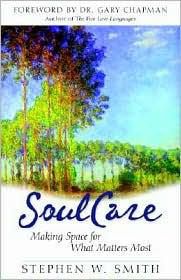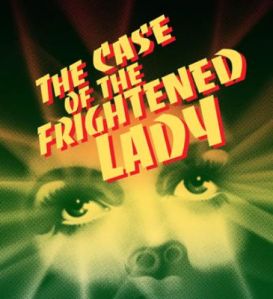 Jumpy, foolish, and run amuck. That was Tootsie. I didn’t know her name, but when a skittish dog weaved up the center of my street towing a 20 foot chain, I called out to her, and tried to help.
Jumpy, foolish, and run amuck. That was Tootsie. I didn’t know her name, but when a skittish dog weaved up the center of my street towing a 20 foot chain, I called out to her, and tried to help.
She was friendly, but fearful. She panted and started for me, but when she realized I might end her dash toward total independence, she started to scoot away–her long chain clattered behind her. Instead of heightening my urgency, I scaled it back, and made my tone friendlier. “Come here, it’s okay!” I tapped my leg in what is a sort of international signal for dog to come. She perked up her ears, and darted around, still unsure of her next move. She was going to bolt. The long muddy chain was her foil. I edged after her, and she made a break for it. Then, I stepped on the chain, and used it to reel her in. Once arrested from flight, she was friendly and excited. With a hyper spirit only a very inbred dog exhibits, she jumped, and spun, and zipped about. My daughter was delighted.
Now to find the owner. The last thing I wanted was to keep a dog like this for too long. I sighed relief–her dog tag had a phone number. I phoned–the number was disconnected. She began barking, and jumping, popped two of our plastic balls, and knocked over her new water dish for the fourth time. I hoped there would be a big reward for finding her.
About an hour later, three children who had heard familiar barking came to get her. They said her name was Tootsie. Their gate was open, and they didn’t know how she got away.
I got to thinking about Tootsie, and her recklessness. Her ignorance of her freedom, and the danger she didn’t know she was in apart from her caretakers. The wild look in her eye, and the confusion of being on her own–excited, yet quite lost, and ultimately alone. Until I stepped in, her fate was dubious.
I wonder if we think of people with the same kind companion we do for animals. When someone has lost their way, feels alone, or is out of the watchful care they need, do we hurry to help them? Or do we size up everything first? Do we decide if it’s worth it, or if they are worthy of the work we’ll have to put in?
Maybe it’s easier to help an animal because we assume they are quite helpless, but people can do far better helping themselves. But, the truth is, no one can go it alone. Not Tootsie, not me, not you, not anyone. Reaching out is the only way things genuinely improve. And I don’t mean reaching out just any way, but with true graciousness. Real compassion, and the kind of love we hope is shown to us, or those we love.
How do you feel about it?
And have you ever rescued a person or animal?
Go ahead and talk about it in a comment. :)
Thanks for reading.



 I was speaking with “Gwen” not that long ago, and she was telling me about an emotional subject. The words, “Oh my God” escaped her lips. She stopped. She looked around, and then with a look I would have to describe as panicked, she said, “I’m so sorry. I know God doesn’t like if I do that.”
I was speaking with “Gwen” not that long ago, and she was telling me about an emotional subject. The words, “Oh my God” escaped her lips. She stopped. She looked around, and then with a look I would have to describe as panicked, she said, “I’m so sorry. I know God doesn’t like if I do that.” Jumpy, foolish, and run amuck. That was Tootsie. I didn’t know her name, but when a skittish dog weaved up the center of my street towing a 20 foot chain, I called out to her, and tried to help.
Jumpy, foolish, and run amuck. That was Tootsie. I didn’t know her name, but when a skittish dog weaved up the center of my street towing a 20 foot chain, I called out to her, and tried to help.